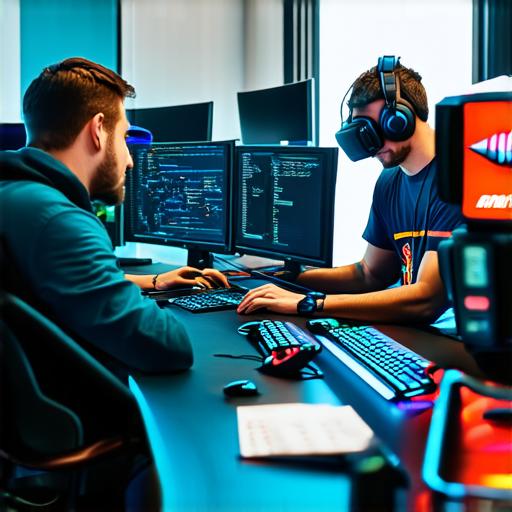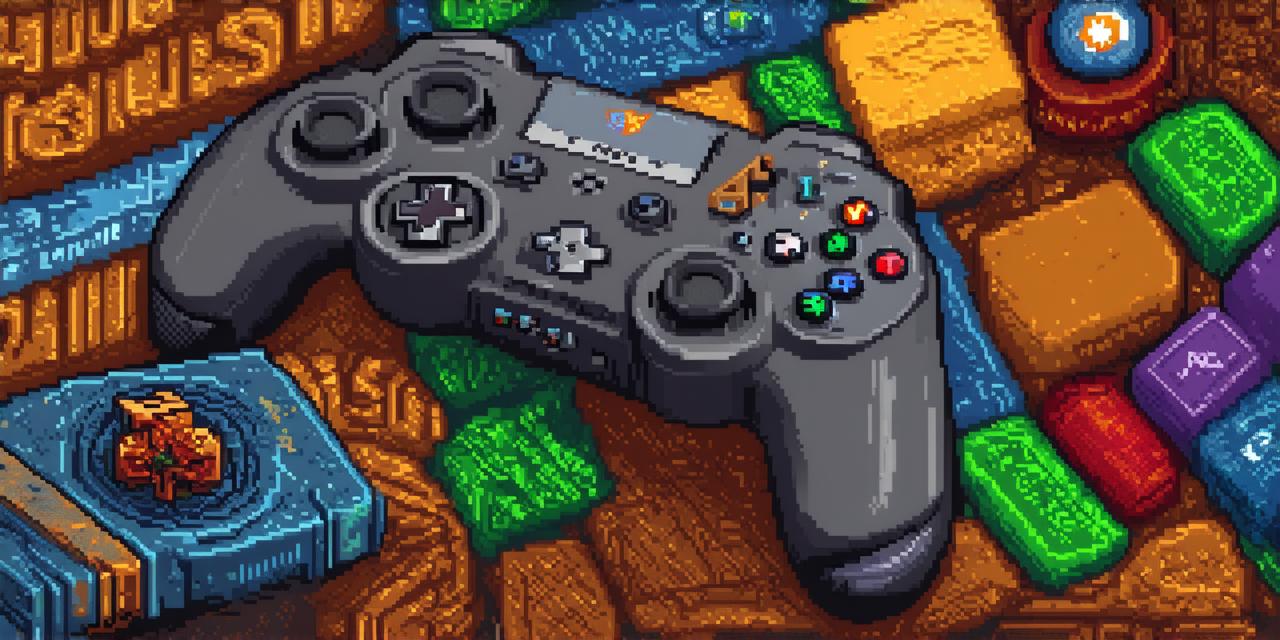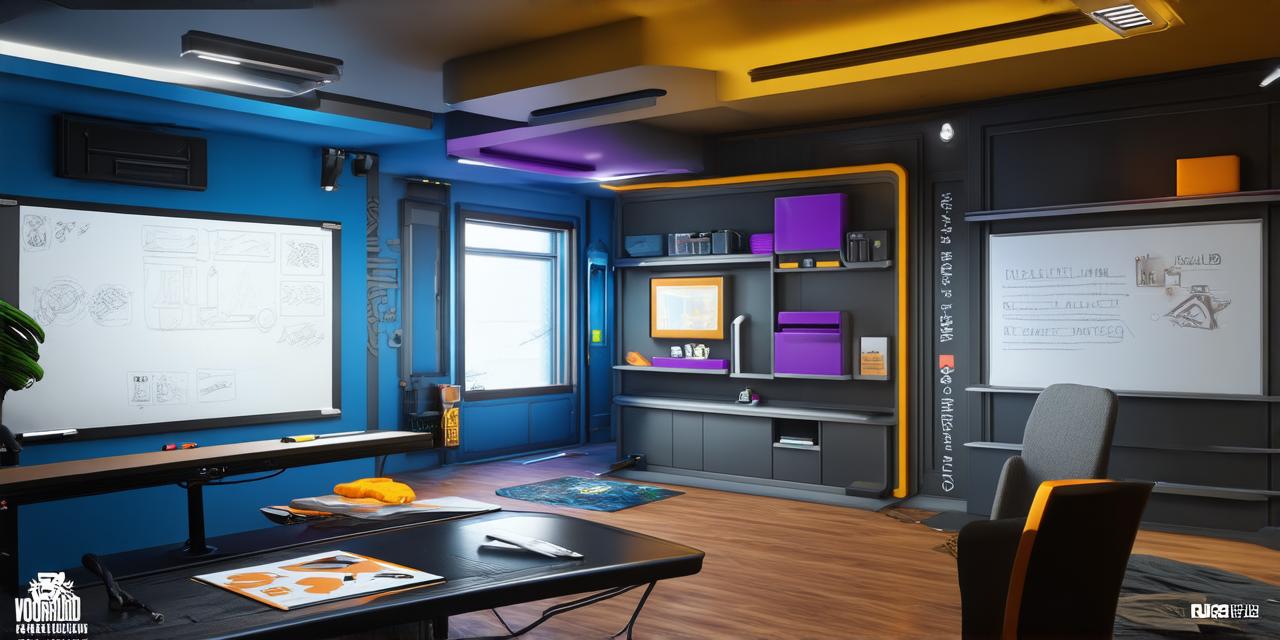1. Define your needs clearly
Before you start looking for candidates, it’s important to define what you need from them. This means identifying the specific skills and experience that are required for each role in your team. It’s also important to consider the culture of your company and how this might affect the type of candidate you’re looking for.
For example, a company that values creativity and innovation may be more likely to look for candidates with unconventional backgrounds or unique skill sets. On the other hand, a company that places a high emphasis on structure and efficiency may be looking for candidates who have experience in project management or quality assurance.
1. Create a compelling job posting
Once you’ve defined your needs, it’s time to create a job posting that will attract top talent. This means crafting a clear and concise summary of the role, highlighting the key responsibilities and requirements, and including details about the company culture and benefits package.
It’s also important to make sure that your job posting is optimized for search engines so that it ranks high in search results when potential candidates are searching for jobs in the game development industry. This can involve using relevant keywords, including information about the location and type of role, and using bullet points to break up large blocks of text.
1. Use social media to reach a wider audience

In addition to posting your job opening on traditional job boards and company websites, it’s also a good idea to use social media platforms like LinkedIn and Twitter to reach a wider audience. This can involve sharing the job posting with your own network of contacts, as well as using relevant hashtags and keywords to attract potential candidates who may be interested in the role.
It’s important to note that when using social media for recruiting, it’s important to make sure that you comply with relevant laws and regulations, such as those related to data privacy and discrimination.
1. Conduct behavioral interviews
When conducting interviews for game development roles, it’s important to focus on behavioral questions rather than technical skills or knowledge-based questions. This is because behavioral questions can help you understand how a candidate has handled similar situations in the past, which can give you a better sense of their ability to succeed in the role.
Some examples of behavioral questions that might be useful for game development roles include:
* Can you tell me about a time when you had to work with a difficult team member? How did you handle the situation?
* How do you stay motivated and focused on a project when working independently?
* What steps do you take to ensure that your work is of high quality?
1. Use assessments to measure skills and experience
In addition to behavioral interviews, it can be helpful to use assessments to measure a candidate’s skills and experience in areas like programming, art, or design. These assessments can help you get a better sense of a candidate’s abilities and identify any areas where they may need additional training or support.
There are a variety of different types of assessments that can be used for game development roles, including coding challenges, portfolio reviews, and game jams. The specific type of assessment you choose will depend on the requirements of the role and the skills you’re looking to evaluate.
1. Create a structured onboarding program
Once you’ve hired a candidate for a game development role, it’s important to create a structured onboarding program that will help them get up to speed quickly and effectively. This might involve providing training on specific tools or software, introducing them to key team members, and setting clear goals and expectations for their first few weeks on the job.




